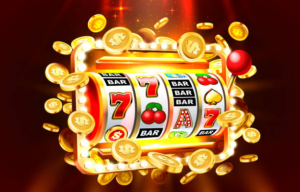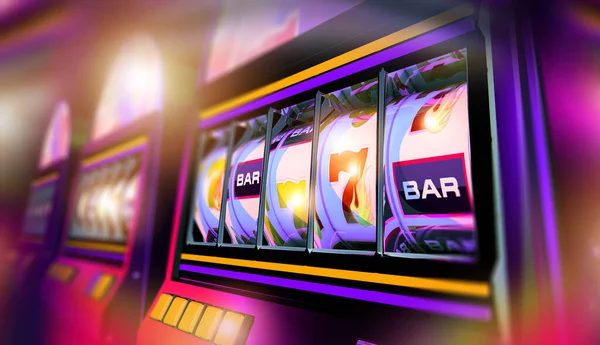[ad_1]

A lottery is a plan for disposing of or distributing assets by prospect among the individuals who have compensated, or promised to fork out, some useful thing to consider for the chance of getting these residence. The term is also utilised for any of a range of approaches for distributing licenses or permits when the desire for them exceeds the source, irrespective of whether these are the lottery-style drawings for housing models in a sponsored apartment elaborate or kindergarten placements in a prestigious general public faculty.
The apply of applying lotteries to distribute residence can be traced back thousands of years. The Previous Testament has a number of references to land getting divided between persons by lot, and the Romans held community lotteries as leisure all through Saturnalian feasts. A lot of of these had been simply just an try to give away property or slaves but some, this sort of as the apophoreta, permitted the participants to choose their very own prizes.
Even though lotteries have a status for becoming dishonest and corrupt, the real truth is that most of them are not. Lotteries are run by certified promoters and regulated by government agencies. The policies and laws are made to stop fraud, manipulation, and corruption. These include things like: Independent auditing of the drawing procedure to ensure that it is honest and that all tickets have been drawn use of tamper-evident seals to make guaranteed that the equipment are not tampered with surveillance cameras to check the drawing approach strict rules and education for staff members who are associated in the drawing and other safeguards.
In the early days of the American colonies, lotteries performed a significant function in raising revenue for personal and community projects, which includes roads, canals, universities, church buildings, and colleges. The Groundbreaking War was partly financed by lotteries, as had been the American colonies’ warships and armed service fortifications. Lotteries had been also utilized to elevate revenue for personal and community jobs in Canada, the place they remain lawful currently.
Lots of men and women engage in the lottery for the thrill of successful, but most gamers are knowledgeable that the odds are pretty extensive. They recognize that the prize pool is not a preset amount of hard cash, but a proportion of whole ticket income, which incorporates income for the promoter and expenses for advertising.
Even so, they however play the lottery. This is mostly simply because of an inextricable human impulse to gamble. It is not just the motivation to win, but also an innate perception of fairness and social mobility that drives people today to get prospects. In an era of inequality and confined social mobility, the lottery is a way for persons to aspiration of a improved future. This is why billboards touting Mega Tens of millions and Powerball jackpots are so powerful in attracting prospective clients. Inspite of the point that the common winner is only about a million pounds, the lottery is an tremendous enterprise and tends to make plenty of people wealthy.
Indlægget What is a Lottery? blev først udgivet på Greatest Information and facts Environment.
[ad_2]
Source link















